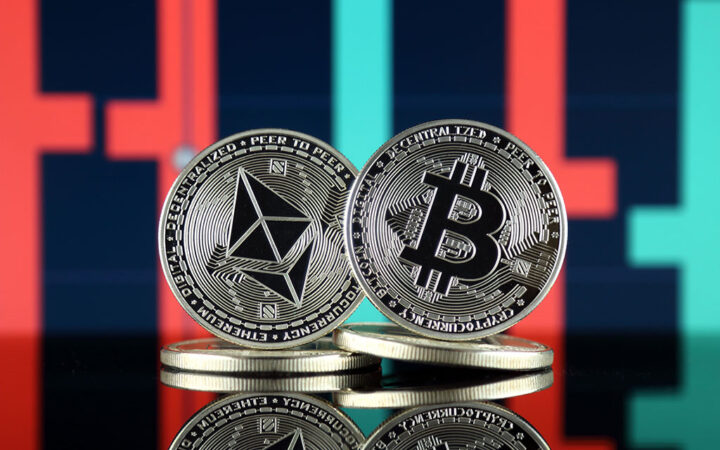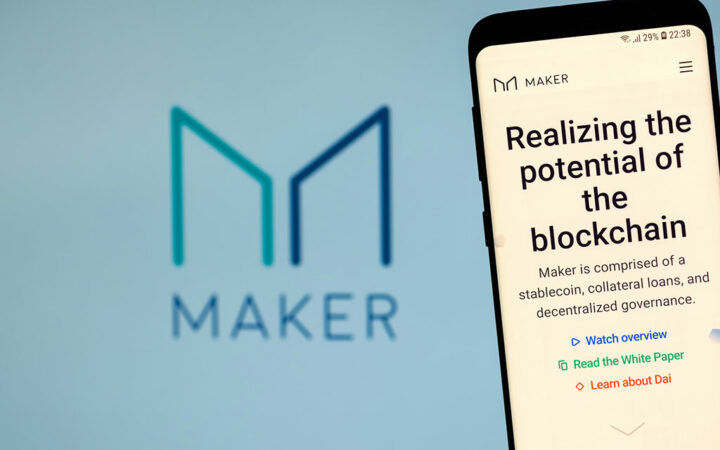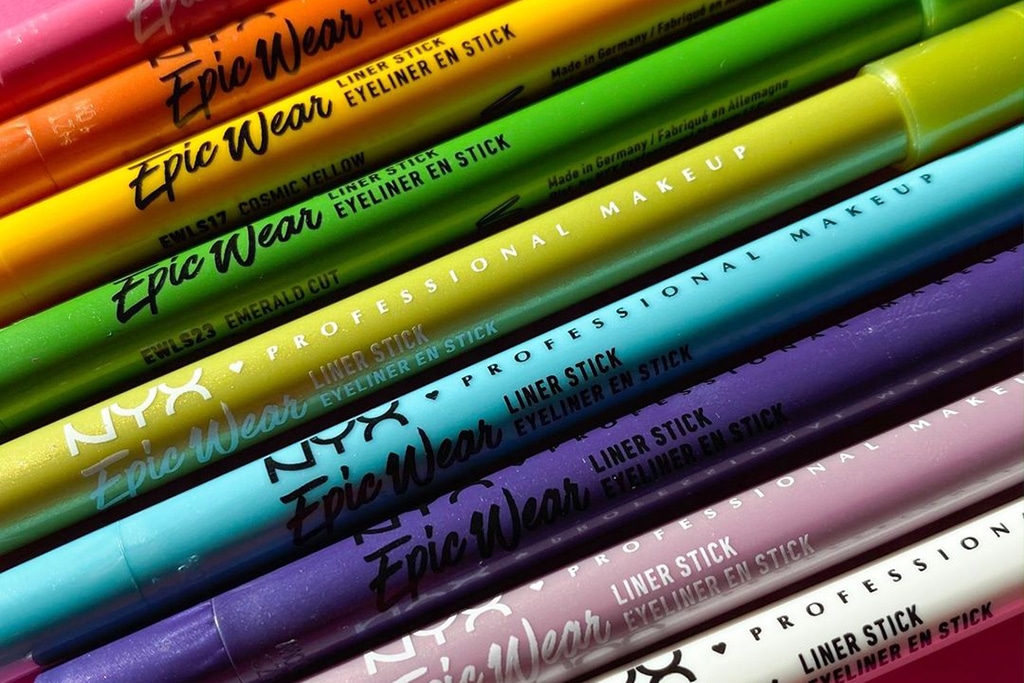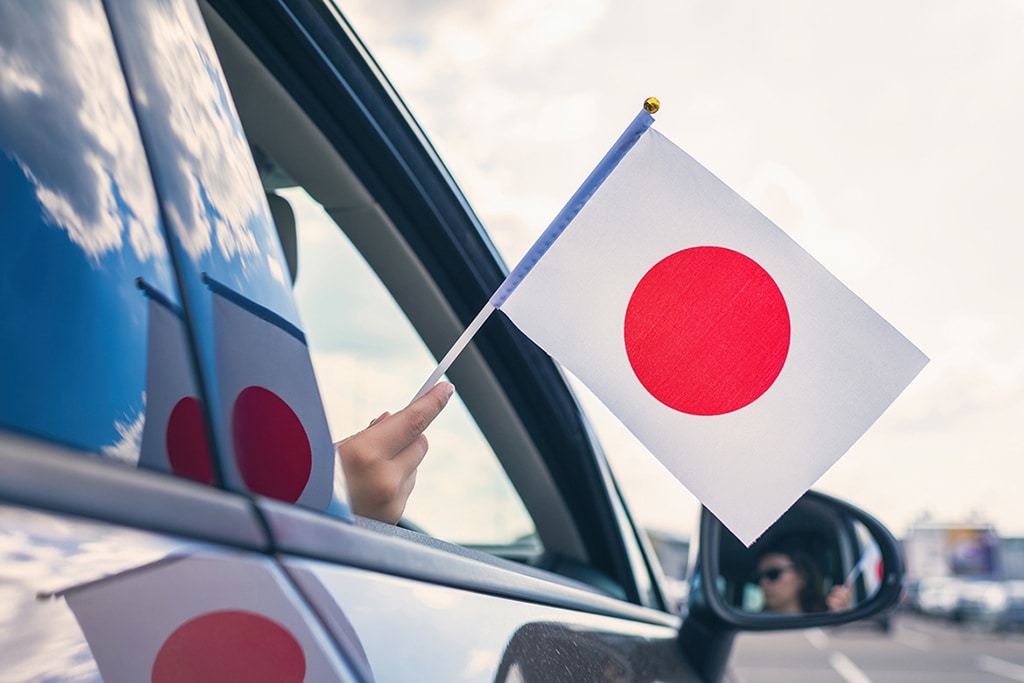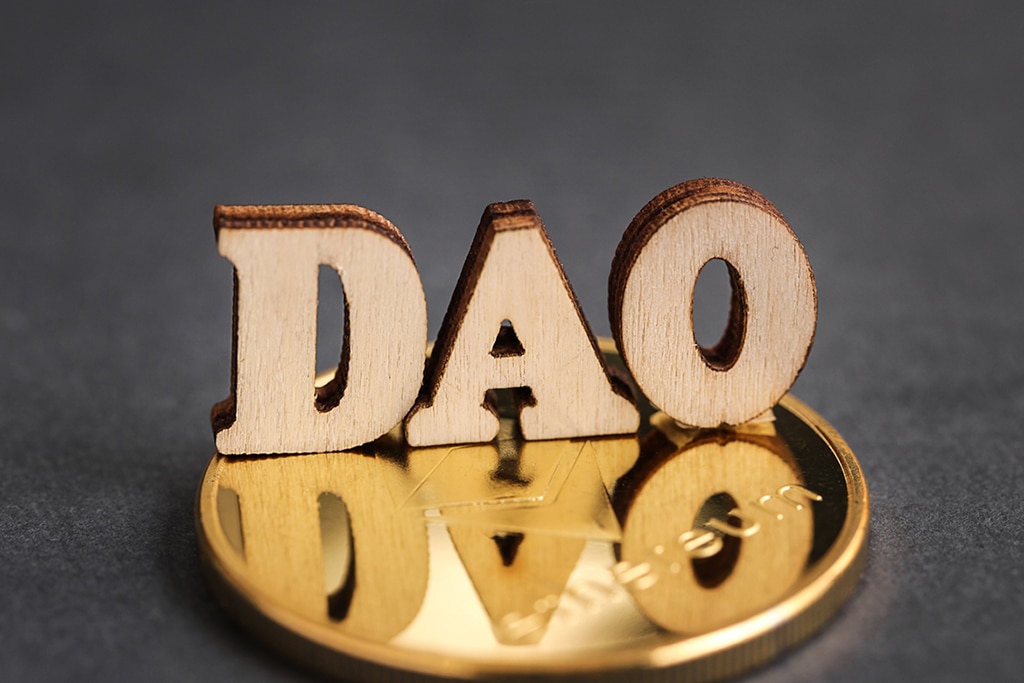Taking strong interest in blockchain, cryptocurrencies, and IoT, Tatsiana Yablonskaya got deep understanding of the emerging techs believing in their potential to drive the future.
There have been many talks around the DAO concept recently. The DAO is a Decentralized Autonomous Organization, independent and self-governing with no centralized server or entity controlling its operations. The DAO rules are embedded into the blockchain via smart contracts. The DAO contract, or “DAO 1.0”, is innovative as it represents decentralized, provably democratic, immutable, efficient governance. Further improvements in performance will form “DAO 2.0”.
The DAO represents a completely flat shareholder democracy. The very notion of the Organization couldn’t but divided the interested people into two groups – those who sees a flat shareholder democracy as doomed for failure, and those who treat it as a pinnacle of fair governance. Each token holder seems to have own opinion about the DAO.
“The most surprising idea is that we should do nothing — or at least nothing for the time being. This is not because of a disagreement with a particular governance proposal, but because radical change is viewed by some as something we should avoid in our early stages. Many seem to hold DAO investment as a silent agreement that the DAO is a flat shareholder democracy and should stay this way; changing this too soon would be a betrayal of sorts. Furthermore, rapid change will confuse investors new to the technology and tarnish our image in the media”, states the blog post at Daohub.
It is obvious that token holders will have to weigh all the pros and cons before voting for new governance mechanisms. However, that doesn’t mean that the DAO is to be kept homogeneous. The DAO will be a success if in 6 months time it has branched off into several different implementations.
What is DAO 2.0?
The concept of The DAO intends to enable people all over the world to create their own autonomous organization on the Ethereum blockchain. The DAO states to be a democratic organization and every proposal will be verified on the blockchain for the amount of votes it has received. The user of The DAO on the Ethereum blockchain can choose the amount of votes a proposal needs before it can be executed, the minimum amount of minutes that needs to pass before a proposal can be implemented, and the amount of votes needed to execute a proposal. Generally speaking, a DAO administrator can create a system where full consensus is needed for a proposal to pass, or only a 50% majority is required.
In its turn, DAO 2.0 is the upgrade of the current DAO smart contract. In this case, upgrading means the creation of a new contract due to the immutable nature of smart contracts. New contracts can be created either for the DAO 1.0 contract to interface with, or to completely move over to. As for now, two pre-proposals have been registered: from Backfeed and GroupGnosis. But it will be right to say that many more are expected in the nearest future.
